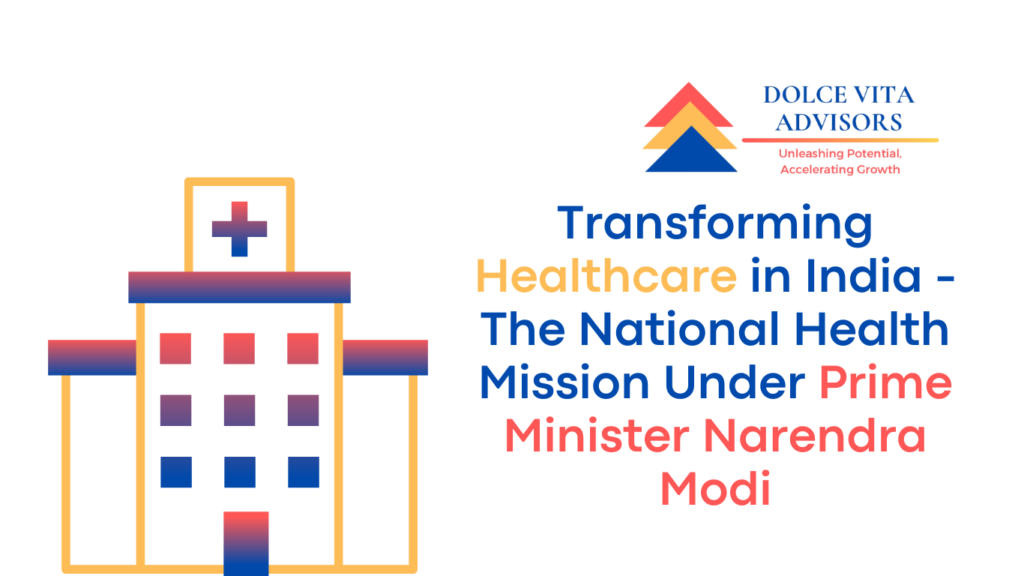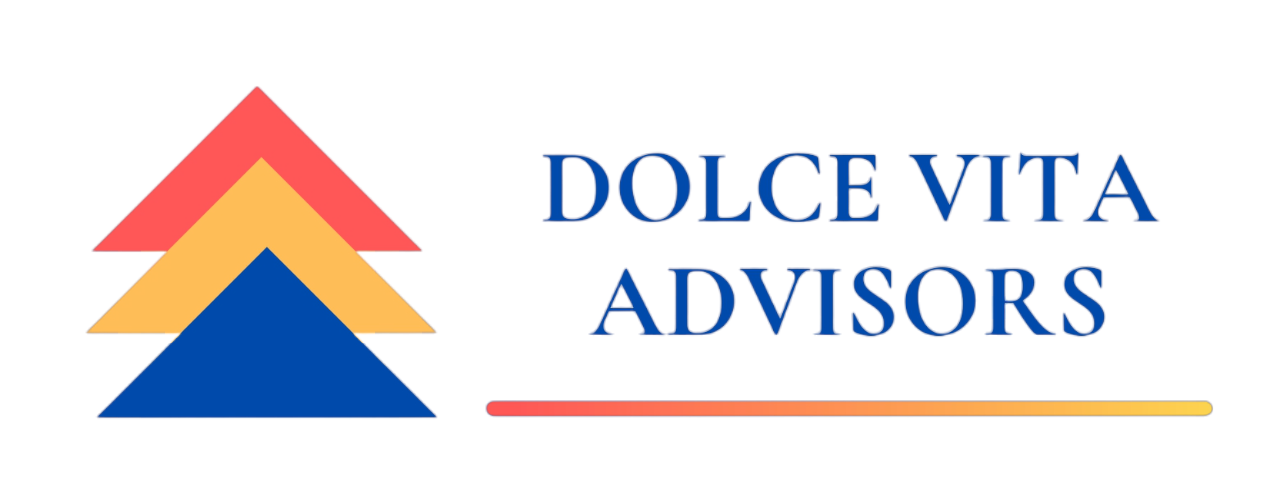
Insights by: Sumit Kochar & Neha Jha
The Government of India launched the National Health Mission (NHM) in 2013, comprising its two sub-missions, the National Rural Health Mission (NRHM) and the National Urban Health Mission (NUHM), a key program under the Prime Minister Narendra Modi’s government, focuses on improving healthcare infrastructure, providing essential drugs and diagnostics, and strengthening human resource capabilities at the grassroots level. These initiatives are aimed at reducing the need for patients to seek expensive treatments outside their localities. The NHM aims to achieve universal access to equitable, affordable, and quality healthcare services that are responsive to people’s needs by assisting States and Union Territories in fortifying their healthcare systems.
NRHM: The NRHM is dedicated to delivering quality healthcare to rural populations, with a particular emphasis on vulnerable groups and states such as the Empowered Action Group (EAG) States, North-eastern States, Jammu & Kashmir, and Himachal Pradesh. The mission underscores the establishment of a community-owned, decentralized health delivery system, addressing various health determinants such as water, sanitation, education, nutrition, and gender equality. It aims to bridge rural healthcare gaps through enhanced infrastructure, augmented human resources, improved service delivery, and decentralized programs at the district level for tailored, context-specific interventions and resource allocation. The NRHM was launched to transition the focus of public health in the country from a vertical, disease-focused, and programmatic approach to one that acknowledges the complex adaptive nature of the health system.
NUHM: NUHM is dedicated to the health of the urban population, particularly the urban poor and vulnerable segments, by ensuring access to quality primary healthcare. It targets state capitals, district headquarters, and cities/towns with a population of 50,000 and above (according to the 2011 census) in a phased manner. NUHM focuses on meeting the healthcare needs of the urban poor by mitigating their out-of-pocket expenses. This entails strengthening the existing healthcare delivery system, reaching out to slum dwellers, and aligning with schemes pertaining to broader health determinants such as water supply, sanitation, and education, led by the Ministries of Urban Development, Housing & Urban Poverty Alleviation, Human Resource Development, and Women & Child Development.
NHM support encompasses a range of free services related to maternal, child, and adolescent health, family planning, universal immunization programs, and the management of major diseases such as Tuberculosis, malaria, dengue, and leprosy, contributing to a healthier population through a comprehensive and multifaceted approach.
Some of the key government initiatives under NHM include:
Ayushman Bharat-Pradhan Mantri Jan Arogya Yojana (PM-JAY): Introduced in 2018, Ayushman Bharat stands as a flagship initiative dedicated to extending financial protection to vulnerable families through comprehensive health insurance coverage. At the heart of Ayushman Bharat lies PM-JAY, a pivotal component with the ambitious goal of covering over 100 million families, offering them health insurance benefits of up to INR 5 lakhs per family per year. The primary objective is to alleviate the financial burden on families during medical emergencies, ultimately minimizing out-of-pocket expenses. To date, this initiative has successfully secured over INR 87,000 crores in savings for Indian citizens, with more than 5 crore hospital admissions recorded. Ayushman Bharat, through PM-JAY, exemplifies a significant stride towards ensuring the well-being of vulnerable populations and fostering a healthier, financially protected society.
Accredited Social Health Activists (ASHAs): A key aspect of the NRHM is the deployment of ASHAs in every village. These female health activists, selected from the village itself, serve as a vital link between the community and the public health system. ASHAs provide essential counselling to women on birth preparedness, safe delivery, breastfeeding, contraception, and infection prevention. They mobilize the community to access health services at various centres covering areas like immunization, ante-natal check-ups, post-natal check-ups, supplementary nutrition, and sanitation.
Janani Shishu Suraksha Karyakram (JSSK): This initiative ensures that all pregnant women delivering in public health institutions receive completely free delivery, including caesarean sections. It represents a shift towards an entitlement-based approach, providing free drugs, consumables, diagnostics, diet during the stay, blood provision, and transport from home to the health institution.
Rashtriya Bal Swasthya Karyakram (RBSK): This program involves Child Health Screening and Early Intervention Services launched in February 2013 to screen for diseases specific to childhood, developmental delays, disabilities, birth defects, and deficiencies. It covers approximately 27 crore children between 0–18 years of age and provides free treatment, including surgery, for health problems diagnosed under this initiative.
National Digital Health Mission: This mission, announced on 15th August 2020, issues a Health ID to every Indian, incorporating details such as test results, medical history, doctor visits, prescribed medications, and diagnoses. This portable and easily accessible health account ensures continuity of care, even when patients relocate or consult new doctors. The holistic, voluntary program integrates doctors, hospitals, pharmacies, and insurance companies, establishing a comprehensive digital health infrastructure.
Expansion of Health and Wellness Centers: The government has been working towards transforming existing primary health centres into Health and Wellness Centers (HWCs). These centres aim to provide comprehensive primary healthcare services, including preventive, promotive, and curative care. By strengthening the primary healthcare infrastructure, the government intends to address health issues at an early stage, preventing the need for costly treatments later on. As of 2023, Over 34.71 Crore Jan Aushadhi Suvidha Sanitary Pads sold, at ₹ 1 Per Pad, which has led to total savings of ₹ 218.45 Crores.
Generic Drug Promotion: The government has been actively advocating for the use of generic drugs to enhance healthcare affordability. One notable initiative in this regard is the Pradhan Mantri Bhartiya Janaushadhi Pariyojana (PMBJP), which offers a wide array of 1965 drugs and 293 surgical equipment. These products are available at retail shops at significantly reduced prices, ranging from 50% to 90% cheaper than their branded counterparts. The PMBJP aims to encourage the usage of generic medicines by making them more accessible and affordable, thereby alleviating the financial burden on patients. Since its inception in 2014, the PMBJP has seen remarkable growth, with the number of Janaushadhi Kendras increasing from nearly 80 to an impressive 10,000, further enhancing the accessibility of quality medications across the country.
Telemedicine and Digital Health: The government has placed a significant emphasis on integrating technology into healthcare services through initiatives such as telemedicine and digital health platforms. These advancements enable patients to remotely access medical consultations, effectively reducing the necessity for physical visits to healthcare facilities and potentially mitigating associated costs.
Maternity Benefits: The Pradhan Mantri Matru Vandana Yojana extends financial assistance to pregnant and lactating women, ensuring their access to proper nutrition and healthcare throughout the phases of pregnancy and childbirth.
Other major initiatives include the implementation of Free Drugs and Free Diagnostics Service Initiatives, the PM National Dialysis Programme, Tribal TB Eradication Project, Mobile Medical Units, and more.
The NHM has had a significant impact on the health system, enhancing care quality, financial allocation, responsiveness, and accountability. This mission, geared towards increased public health spending, reduced inequity, decentralization, and community involvement, reflects the government’s commitment to elevate healthcare. The budget allocation for the National Health Mission increased from INR 28,974.29 Cr in 2022-23 to INR 29,085.26 Cr in 2023-24. Major initiatives under NRHM have brought about substantial improvements in rural health systems, including human resources, program management, infrastructure, community engagement, healthcare financing, and information technology utilization, thereby bolstering the health system’s capacity to address maternal and child health, with a focus on reducing infant and maternal mortality rates.
Conclusion
The National Health Mission spearheaded by Prime Minister Narendra Modi has emerged as a transformative force in India’s healthcare sector. The multi-faceted approach, comprising NRHM and NUHM, exemplifies a commitment to ensuring equitable healthcare access for all citizens, irrespective of their geographical location or socio-economic status. Under the visionary leadership of Prime Minister Modi, initiatives like Ayushman Bharat, ASHAs, JSSK, RBSK, and the National Digital Health Mission have not only enhanced the quality of healthcare but also alleviated financial burdens on families.
The impact of NHM is palpable, with significant strides in rural health systems, enhanced community engagement, and the successful integration of technology in healthcare services. Prime Minister Narendra Modi’s commitment to the well-being of the nation is evident in the continuous budgetary support and the launch of innovative programs. As the NHM continues to evolve, it stands as a beacon of transformative change, reinforcing the government’s pledge to elevate public health standards and build a healthier, more prosperous India.

